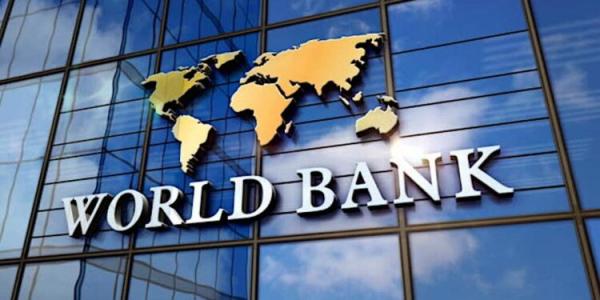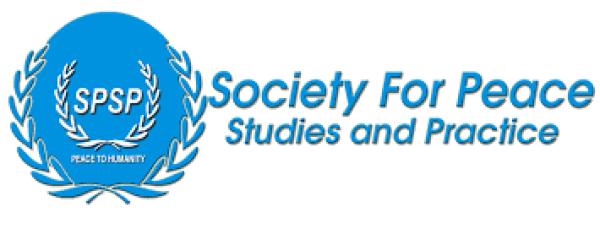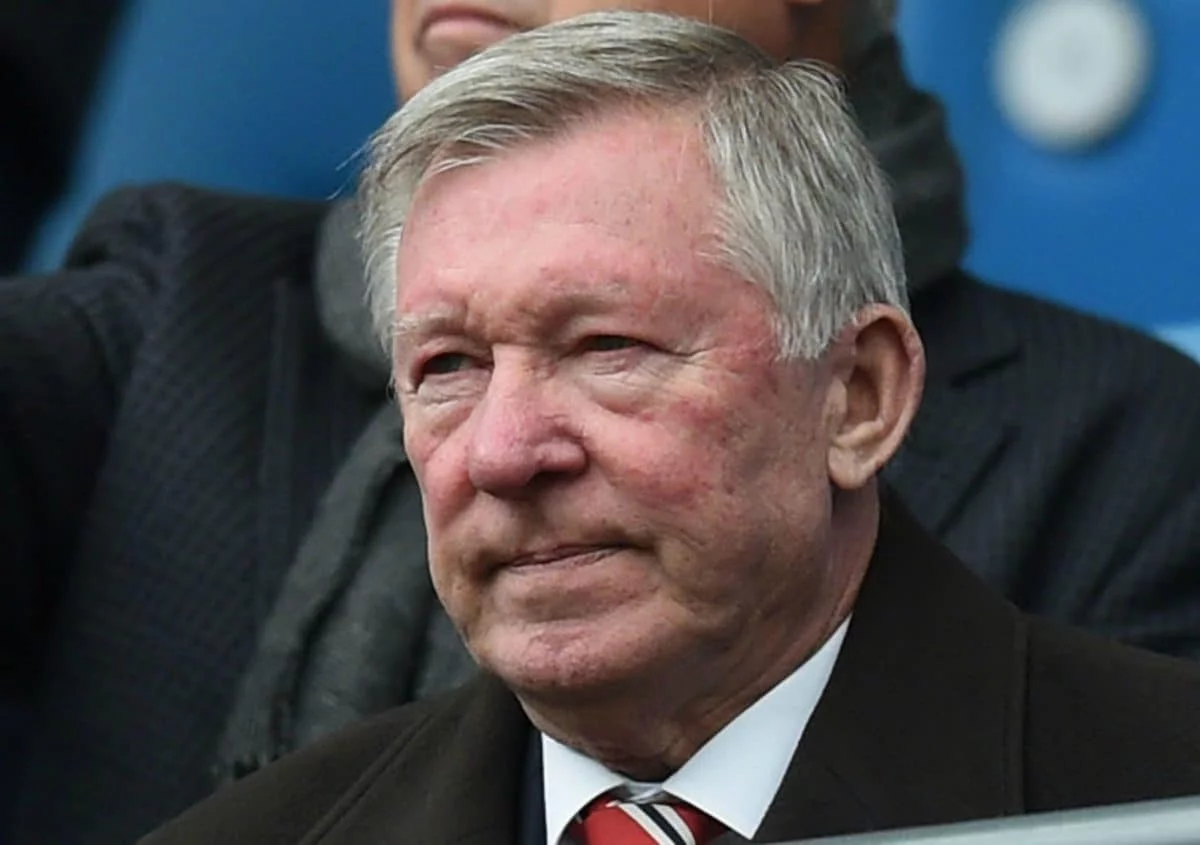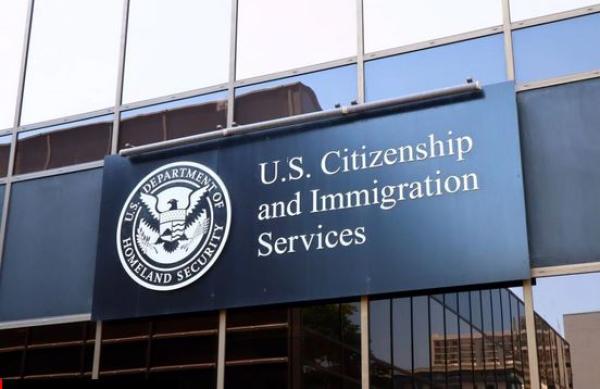
The World Bank has revealed that Nigeria’s public expenditure on education and health is inadequate by any standard.
The newly released report titled, ‘Human Capital Public Expenditure and Institutional Review’, noted that the overall public spending, at merely 12 per cent of Gross Domestic Product, falls short of the threshold necessary to underwrite fundamental public services.
“This compares to the Sub-Saharan African average of 17.2 per cent and the lower middle-income countries average of 18.5 per cent. Over the past five years, Nigeria’s health and education expenditure has fluctuated between 10 and 12 per cent of GDP.0:00 / 0:00
“When measured against international standards, it becomes evident that this level of investment is insufficient for delivering adequate essential public services. As a result, a large proportion of spending, especially health spending, is out of pocket, which excludes a significant segment of society from accessing health services.
“At $23 and $15 per capita, public expenditure on education and health in Nigeria, respectively is inadequate by any standard. Of the $23 per capita spending on education, states spend $14 and the remainder is spent by the Federal Government.
“Similarly, of the $15 per capita spending on health, states spend $8.5 This level of spending compares poorly to Nigeria’s peers. It is far more inadequate given the need to tackle significant issues such as the high rates of out-of-school children and child mortality,” the report read.
The World Bank said the spending on health and education is low mainly because of the overall level of public spending, which is constrained by the very low overall revenue.
It said as a share of the budget, allocations to education and health were 10.1 per cent and 6.6 per cent of overall spending (federal plus state) in 2021, respectively.
“The two largest shares of the budget were spending for General Public Services (24.2 per cent) and Economic Affairs (18.4 per cent). Debt charges within General Public Services were the third largest expenditure item at 17.6 per cent of the general government (federal and state) budget. Social sectors—education, health, and social protection—received together less than one-quarter of the national budget in 2021.
“The states spend more than the FG on both primary health and basic education. In absolute terms, states spent N1,299 billion on education and N731 billion on health, compared to federal spending of N773 billion and N610 billion, respectively. Thus, education constituted the third-highest spending for state governments, followed by spending on health,” it added.
It recommended that in the medium to long term, increasing state budget execution rates and increasing federal as well as state allocations will be key to ensuring that health and education services are adequately financed.






















